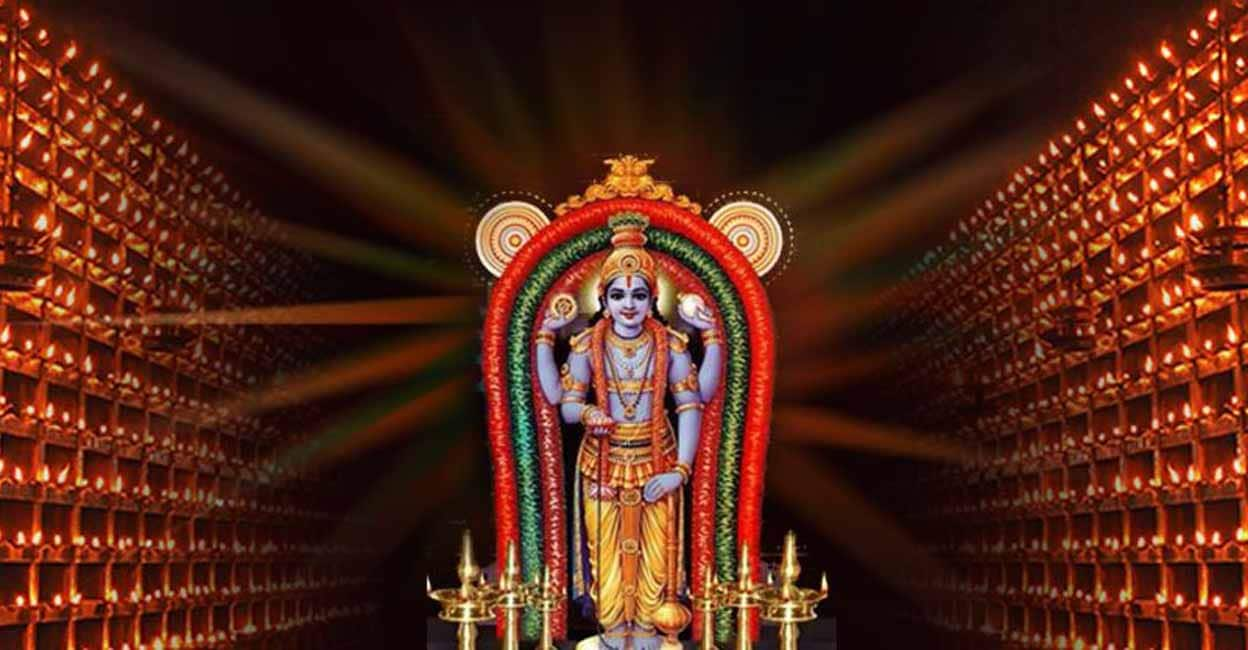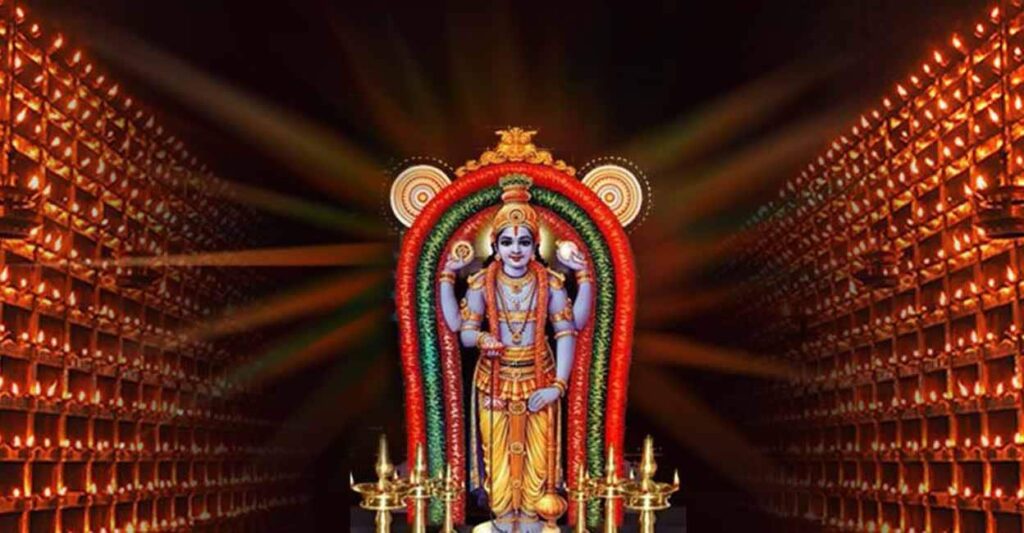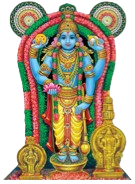
Can Tradition Be Altered for Convenience? Supreme Court Questions Guruvayur Devaswom Board
The Supreme Court of India has raised critical questions regarding the alteration of traditional rituals at the famed Guruvayur Temple. The court’s observations came while hearing a petition challenging a decision by the Guruvayur Devaswom Board to modify the schedule of the Ekadasi Udayasthamana Pooja, a significant ritual traditionally held during the Vrischika Ekadasi day.
The Context of the Case
The controversy arose when the Devaswom Board decided to reschedule the Vrischika month’s Ekadasi Udayasthamana Pooja to the Ekadasi day in the previous month, Thulam. This decision prompted strong reactions from devotees who argued that such changes disrupt the sanctity and traditions of the temple. Subsequently, a petition was filed, bringing the issue to the Supreme Court’s attention.
Supreme Court’s Observations
A bench led by Justice J.K. Maheshwari addressed the matter and expressed sharp criticism of the Guruvayur Devaswom Board and the temple’s Tantri (chief priest). The court questioned whether unilateral changes to pooja timings and rituals could be made, even for managing crowds during festival days.
Justice Maheshwari’s bench observed, “Traditional practices and rituals that have been followed for centuries should remain intact. Can a Tantri or the Devaswom Board, in the name of convenience, alter these practices? Such decisions should consider the sanctity of customs and traditions.”
Managing Crowds vs. Preserving Tradition
The Supreme Court’s questions highlight a broader debate: can religious practices, which have deep cultural and spiritual significance, be adjusted to accommodate practical concerns such as crowd management? For centuries, the Guruvayur Temple has been a beacon of devotion, attracting millions of devotees annually. However, the increasing number of pilgrims, particularly during auspicious days like Ekadasi, has posed logistical challenges for the temple administration.
The Devaswom Board argued that the rescheduling aimed to ease the crowding during the Vrischika Ekadasi. However, critics maintain that any change in rituals disrupts the spiritual significance associated with specific timings and days. Devotees view these rituals as sacred and believe that altering them undermines the temple’s age-old customs.
Supreme Court’s Criticism of the Devaswom Board and Tantri
The court’s criticism was not limited to the Devaswom Board; it also extended to the Tantri, the chief priest responsible for upholding religious customs. “Can the Tantri take a unilateral decision to change pooja schedules? Are these changes in line with the core spiritual principles of the temple?” the court questioned.
Such observations reflect the judiciary’s concern about maintaining the balance between tradition and administrative convenience. The bench emphasized that the primary duty of temple authorities and priests is to preserve the sanctity of rituals, which form the foundation of devotees’ faith.
Implications for Devotees
For millions of devotees, rituals like the Guruvayur Ekadasi Udayasthamana Pooja are not mere ceremonies but profound spiritual experiences. The pooja’s timing, aligned with specific astronomical and traditional calendars, holds immense significance. Any alteration, therefore, is viewed as a deviation from divine will.
The court’s intervention has rekindled discussions about the role of temple administrations in safeguarding religious customs while addressing practical challenges. While managing crowds is undeniably crucial, it raises the question of whether it justifies altering rituals that are considered timeless.
Historical and Cultural Significance of Guruvayur Temple
The Guruvayur Temple, dedicated to Lord Krishna, has a rich history intertwined with Kerala’s cultural and spiritual identity. Known as the “Dwaraka of the South,” the temple is renowned for its strict adherence to rituals and traditions passed down through generations.
guruvayur Ekadasi, especially the Vrischika Ekadasi, is among the most celebrated occasions at the temple. It is believed that observing the Udayasthamana Pooja on this day brings immense blessings to devotees. The ritual’s sanctity stems from its timing, which is meticulously determined based on lunar calendars.
The Path Forward
The Supreme Court’s observations serve as a wake-up call for temple administrations across India. As custodians of heritage, they bear the responsibility of upholding the sanctity of traditions while managing modern-day challenges. However, the question remains: can a balance be struck between preserving customs and addressing practicalities?
The court has issued a notice to the Devaswom Board to respond to the petition. The outcome of this case could set a precedent for how temples navigate similar conflicts in the future.
Conclusion
The Guruvayur Temple controversy underscores the delicate interplay between tradition and modernity. For devotees, the sanctity of rituals like the guruvayur Ekadasi Udayasthamana Pooja is paramount, symbolizing an unbroken connection to their faith and heritage. As the legal proceedings unfold, the focus remains on ensuring that administrative decisions respect the spiritual essence of one of India’s most revered temples.
This debate invites us to reflect on the significance of preserving traditions while adapting to the demands of a changing world. Ultimately, the goal should be to maintain the sanctity of faith and rituals, ensuring they continue to inspire and guide generations to come.

